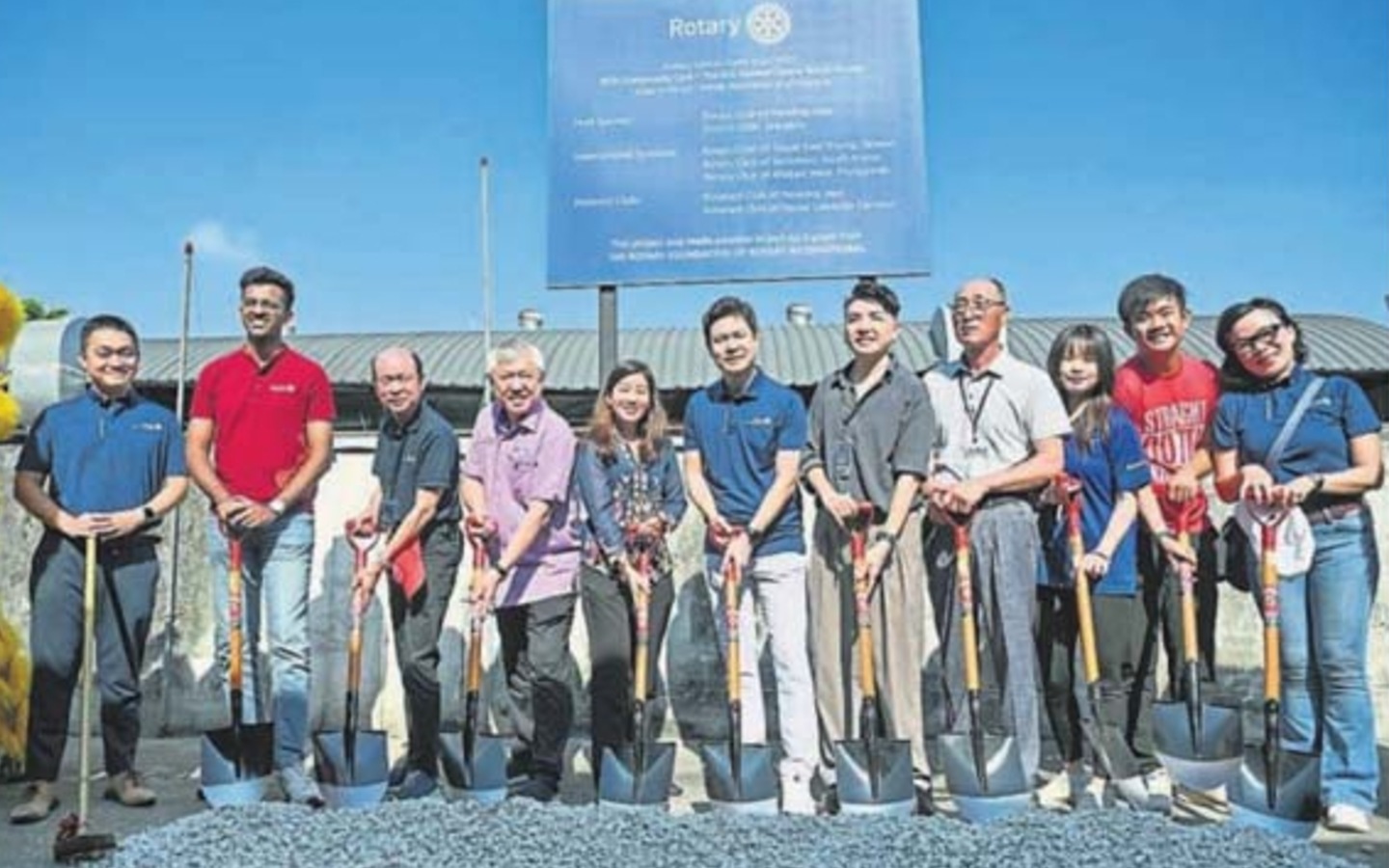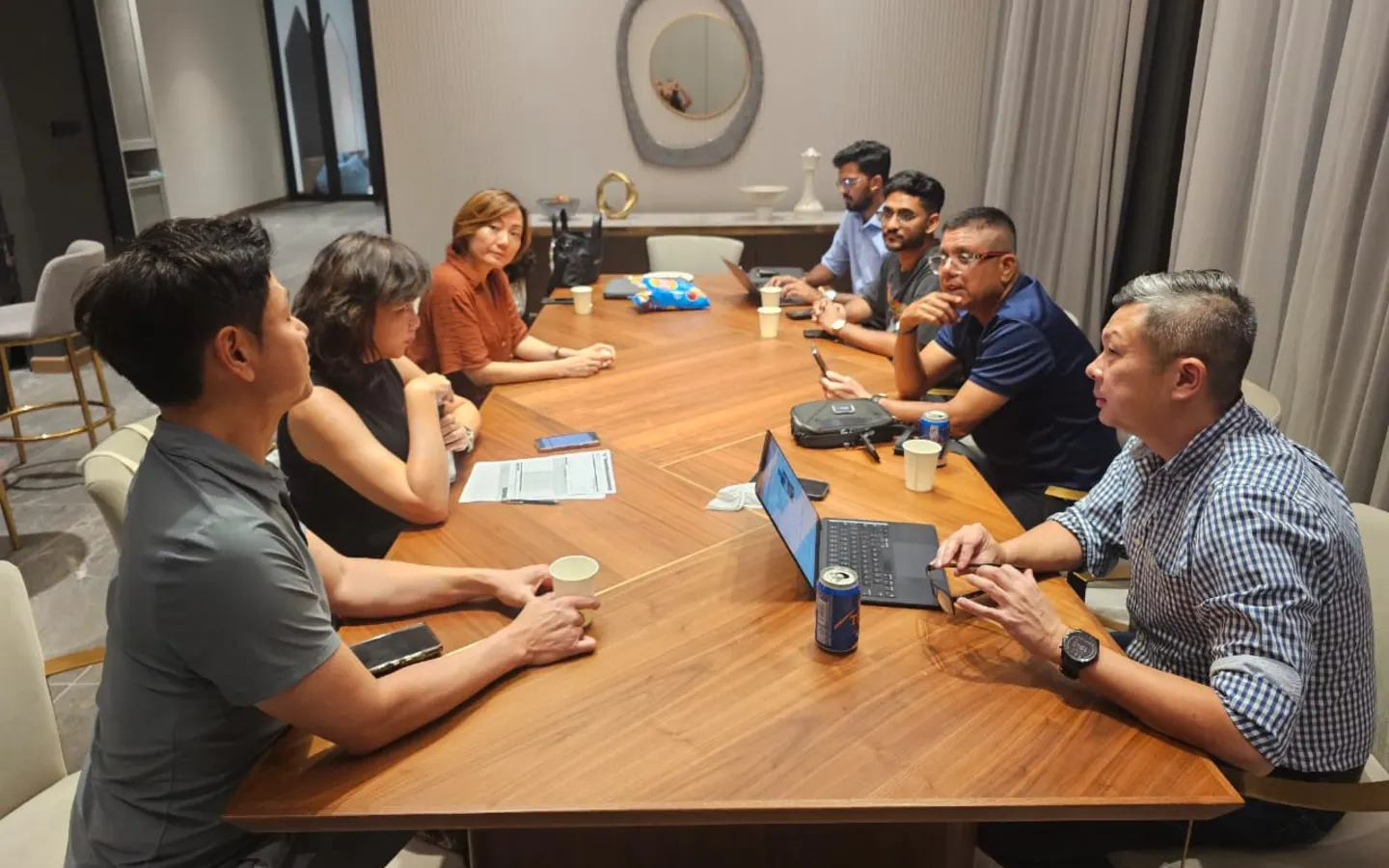1. Leadership and Management Skills
- Strategic Planning Experience: Leading Rotary projects requires developing comprehensive project plans, setting measurable goals, and coordinating multiple stakeholders – directly transferable to business strategy development and execution.
- Team Leadership: Managing diverse committees and coordinating volunteers enhances ability to lead cross-functional teams and manage different personality types in professional settings.
- Resource Management: Experience in budgeting club funds, allocating resources, and managing project finances strengthens business resource management capabilities.
2. Communication and Relationship Building
- Public Speaking: Regular club presentations, district conferences, and community events develop confident public speaking and presentation skills essential for business leadership.
- Networking Expertise: Building relationships with diverse professionals across industries creates valuable business connections and improves relationship-building skills.
- Cross-Cultural Communication: International projects and exchanges enhance cultural sensitivity and global business communication abilities.
3. Project Management
- Event Planning: Organising service projects, fundraisers, and club events develops strong project management and coordination skills.
- Stakeholder Management: Working with community partners, beneficiaries, and fellow Rotarians improves ability to manage multiple stakeholder relationships.
- Risk Management: Assessing project risks, developing contingency plans, and ensuring compliance with Rotary guidelines strengthens business risk assessment capabilities.
4. Business Development
- Fundraising Skills: Experience in fundraising campaigns to develop sales, marketing, and persuasion skills valuable in business development.
- Community Relations: Building community partnerships and managing public relations enhances business networking and brand management abilities.
- Strategic Partnerships: Collaborating with other clubs and organisations on joint projects improves ability to develop and manage business partnerships.
5. Personal Development
- Ethical Leadership: Exposure to Rotary’s Four-Way Test and emphasis on ethical conduct strengthens professional integrity and decision-making.
- Time Management: Balancing Rotary responsibilities with professional commitments improves productivity and prioritisation skills.
- Mentorship Capabilities: Engaging with youth programmes and fellow members develops coaching and mentoring abilities valuable in professional settings.
6. Innovation and Problem-Solving
- Creative Solutions: Addressing community challenges with limited resources fosters innovative thinking and creative problem-solving.
- Change Management: Adapting club operations and projects to changing circumstances improves ability to manage organisational change.
- Crisis Management: Handling unexpected project challenges develops resilience and crisis management skills applicable to business situations.
Written by
Rajiv Mathews George
Past President 2023/24





